Who answers the White House phone, anyway?
Thanks to Rush Limbaugh, health-care-related calls are flooding Obama's operators. Here, 6 burning questions about America's most famous telephone
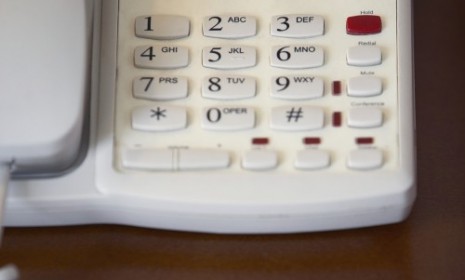
A free daily email with the biggest news stories of the day – and the best features from TheWeek.com
You are now subscribed
Your newsletter sign-up was successful
White House and congressional operators are being swamped with health-care-related phone calls. Though one "very significant spike" occurred after conservative radio host Rush Limbaugh urged his listeners to register their disapproval, Democrats say the flood of calls also reflects support for reform. Here's a look at the legendary White House telephone line:
1. Who answers when I call the White House?
Depends on which number you call. The public comment line (202-456-1111) is manned by volunteers recruited by the current administration. The White House switchboard (202-456-1414) is manned by professional White House operators. Only privileged parties are privy to the "secret number" that reaches the president directly (see below).
The Week
Escape your echo chamber. Get the facts behind the news, plus analysis from multiple perspectives.

Sign up for The Week's Free Newsletters
From our morning news briefing to a weekly Good News Newsletter, get the best of The Week delivered directly to your inbox.
From our morning news briefing to a weekly Good News Newsletter, get the best of The Week delivered directly to your inbox.
2. How often are the lines jammed by protest calls?
It tends to happen when controversial legislation is up for a vote; both the 2008 Wall Street bailout and 2007 immigration overhaul bill provoked more calls than the system could handle. Reaction to certain cataclysmic events, such as John F. Kennedy's assassination, have also overloaded the presidential phone system.
3. When did the White House first get a telephone?
May 10, 1877, when Rutherford B. Hayes had one installed in the White House telegraph room. The first White House phone number was "1," but the phone was directly connected to just one other early adopter, the Treasury Department.
A free daily email with the biggest news stories of the day – and the best features from TheWeek.com
4. You mean the president didn't have his own phone?
No, not until Herbert Hoover had one set up in the Oval Office in 1929. And even then, it wasn't a private line until Clinton revamped the White House phone system in 1993. Clinton complained that anyone in the White House could listen in on his calls by picking up an extension and pressing a button. According to a WIRED.com report: "Clinton got a lot of mileage during the early weeks of his administration by telling cocktail-party stories of little old ladies sweating away at the White House's vintage 1960s 'plug-and-play' switchboard."
5. Who is eligible to call the president's "secret number"?
Very few people; the Oval Office number is tightly guarded and routed through a separate switchboard. In a controversial 2007 incident, a 16-year-old teen in Iceland dialed what he mistakenly believed to be the secret number and — posing as Iceland's president — managed to get far as President George W. Bush's secretary.
6. Does the iconic "red phone" still exist?
A telegraph "Hot Line" between the Kremlin and the White House was set up in 1963 after communication lags exacerbated the Cuban Missile Crisis. A direct phone link was set up in 1971, and a fax line added in 1986. Though the "red telephone" seems to have become obsolete, it frequently pops up in fiction and political propaganda — Hillary Clinton's 3 a.m. phone call ad and Glenn Beck's "emergency line to the White House" stunt being recent examples.
Sources: History Channel, ABC News, Wired, Time, Wikipedia, Mediabistro, BuzzFlash
-
 Ex-South Korean leader gets life sentence for insurrection
Ex-South Korean leader gets life sentence for insurrectionSpeed Read South Korean President Yoon Suk Yeol was sentenced to life in prison over his declaration of martial law in 2024
-
 At least 8 dead in California’s deadliest avalanche
At least 8 dead in California’s deadliest avalancheSpeed Read The avalanche near Lake Tahoe was the deadliest in modern California history and the worst in the US since 1981
-
 Political cartoons for February 19
Political cartoons for February 19Cartoons Thursday’s political cartoons include a suspicious package, a piece of the cake, and more
-
 Kurt Olsen: Trump’s ‘Stop the Steal’ lawyer playing a major White House role
Kurt Olsen: Trump’s ‘Stop the Steal’ lawyer playing a major White House roleIn the Spotlight Olsen reportedly has access to significant US intelligence
-
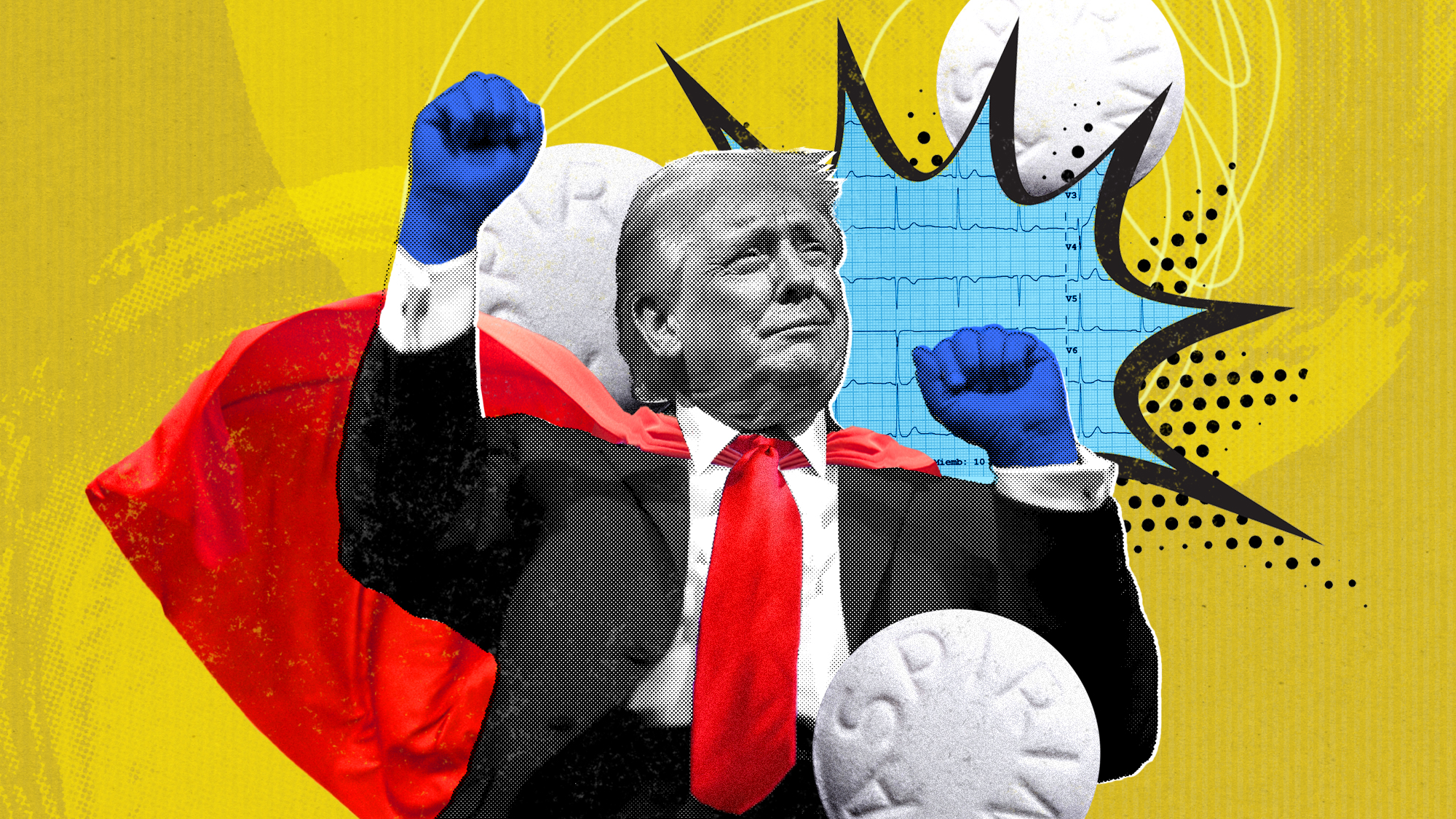 A running list of everything Donald Trump’s administration, including the president, has said about his health
A running list of everything Donald Trump’s administration, including the president, has said about his healthIn Depth Some in the White House have claimed Trump has near-superhuman abilities
-
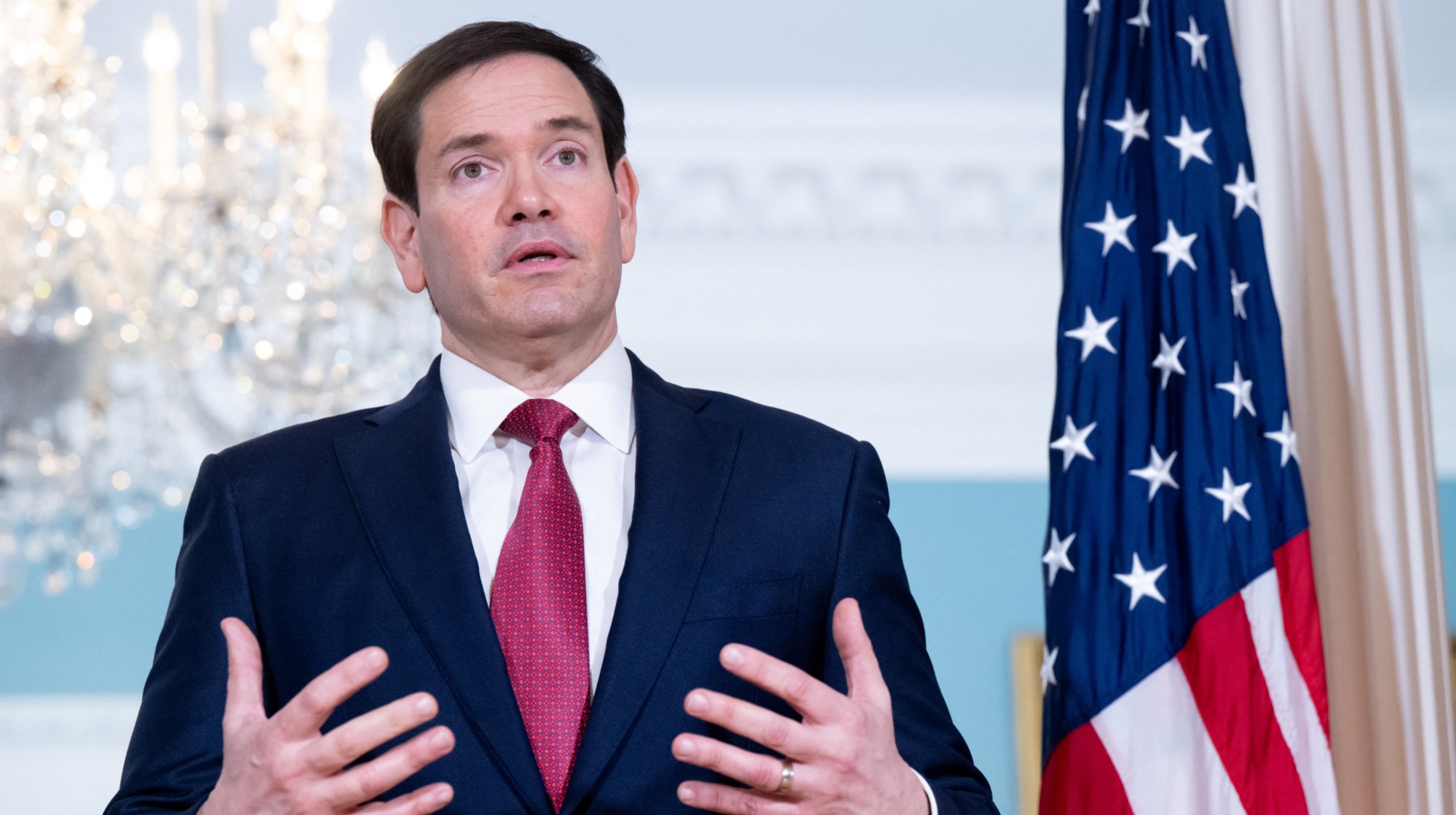 White House halts migrant visas for 75 countries
White House halts migrant visas for 75 countriesSpeed Read Brazil, Egypt, Russia, Iran and Somalia are among the nations on the list
-
 White House ends TPS protections for Somalis
White House ends TPS protections for SomalisSpeed Read The Trump administration has given these Somalis until March 17 to leave the US
-
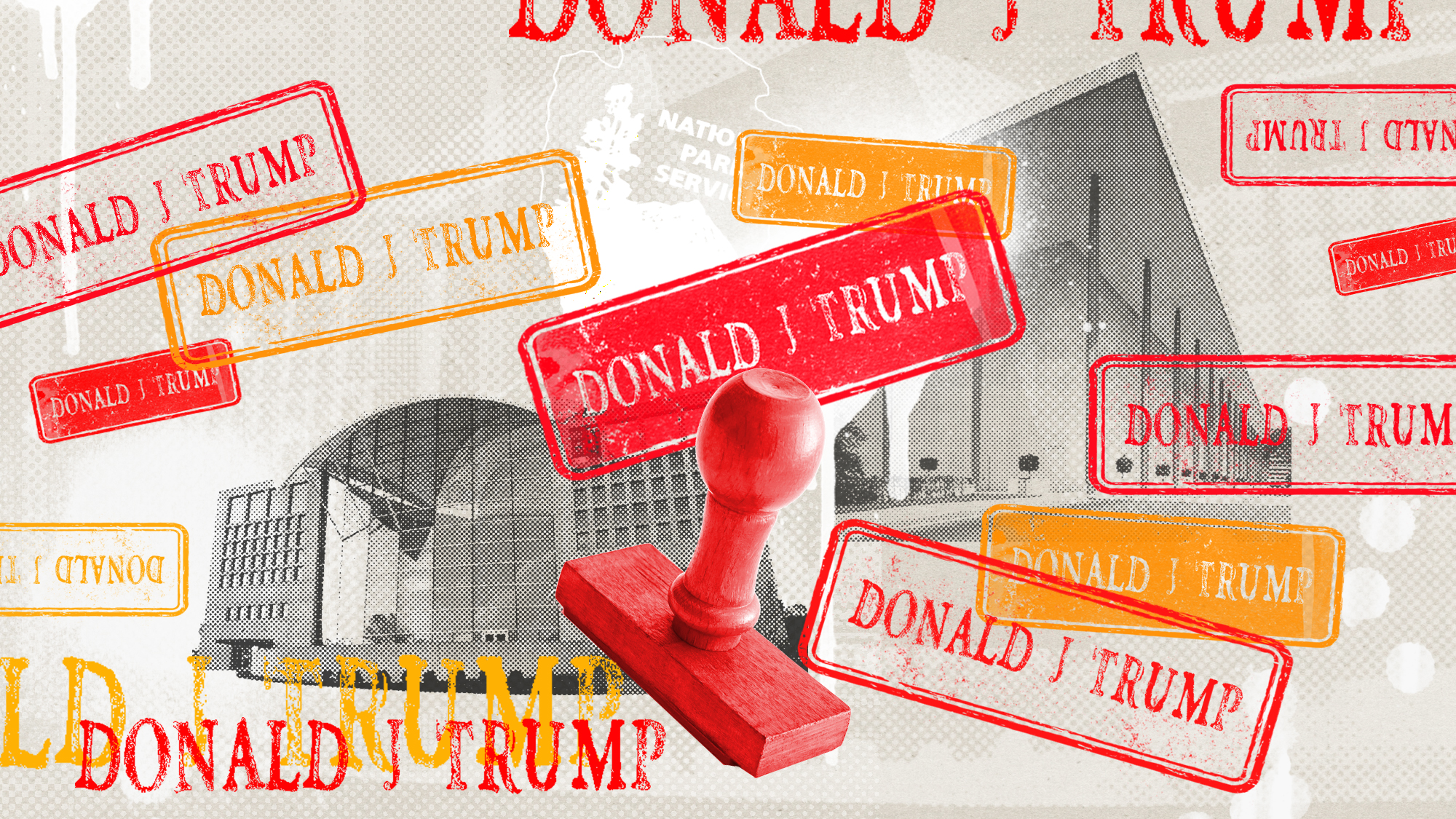 A running list of everything Trump has named or renamed after himself
A running list of everything Trump has named or renamed after himselfIn Depth The Kennedy Center is the latest thing to be slapped with Trump’s name
-
 The billionaires’ wealth tax: a catastrophe for California?
The billionaires’ wealth tax: a catastrophe for California?Talking Point Peter Thiel and Larry Page preparing to change state residency
-
 Bari Weiss’ ‘60 Minutes’ scandal is about more than one report
Bari Weiss’ ‘60 Minutes’ scandal is about more than one reportIN THE SPOTLIGHT By blocking an approved segment on a controversial prison holding US deportees in El Salvador, the editor-in-chief of CBS News has become the main story
-
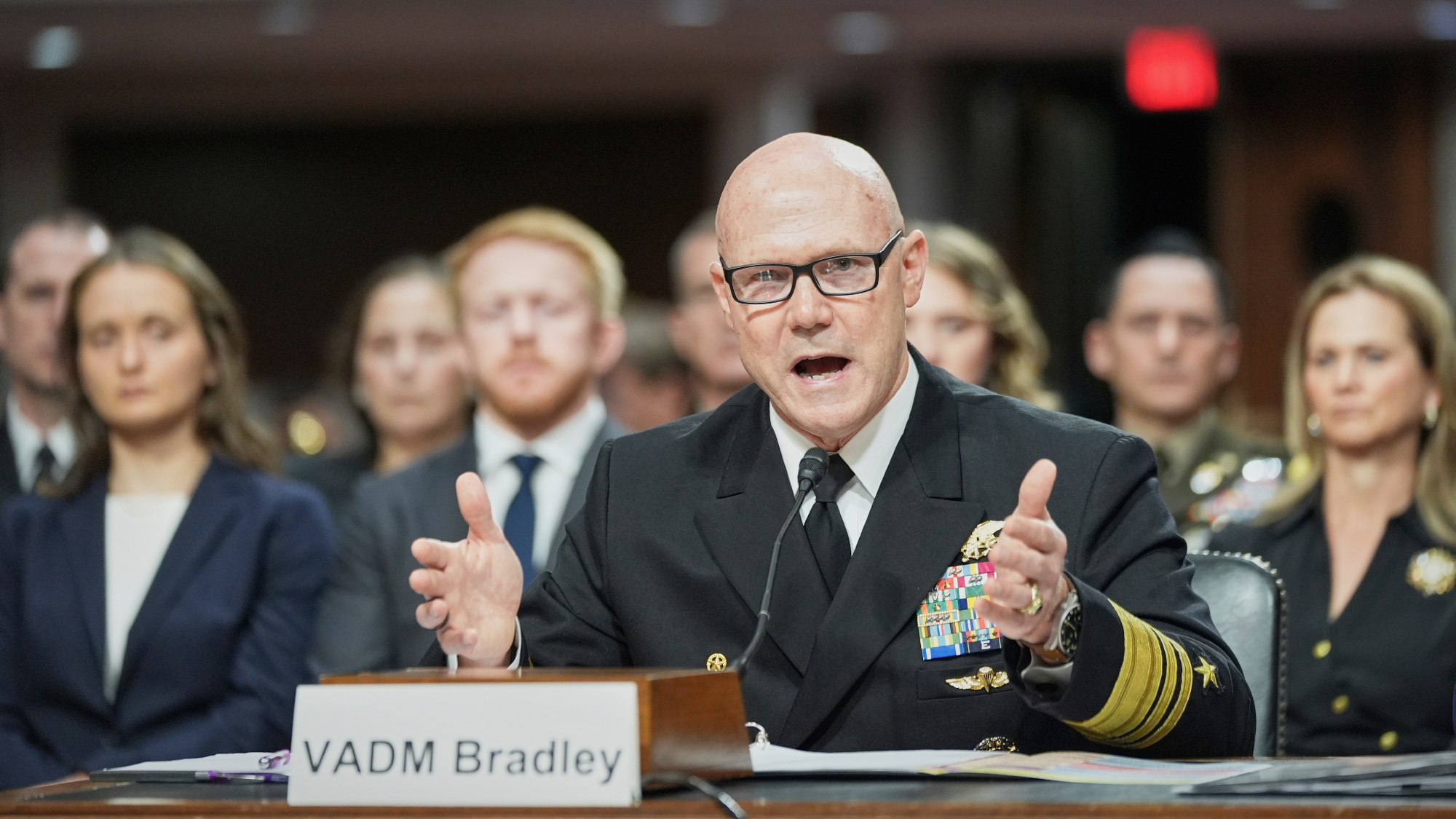 White House says admiral ordered potential war crime
White House says admiral ordered potential war crimeSpeed Read The Trump administration claims Navy Vice Adm. Frank ‘Mitch’ Bradley ordered a follow-up strike on an alleged drug-smuggling boat, not Pete Hegseth